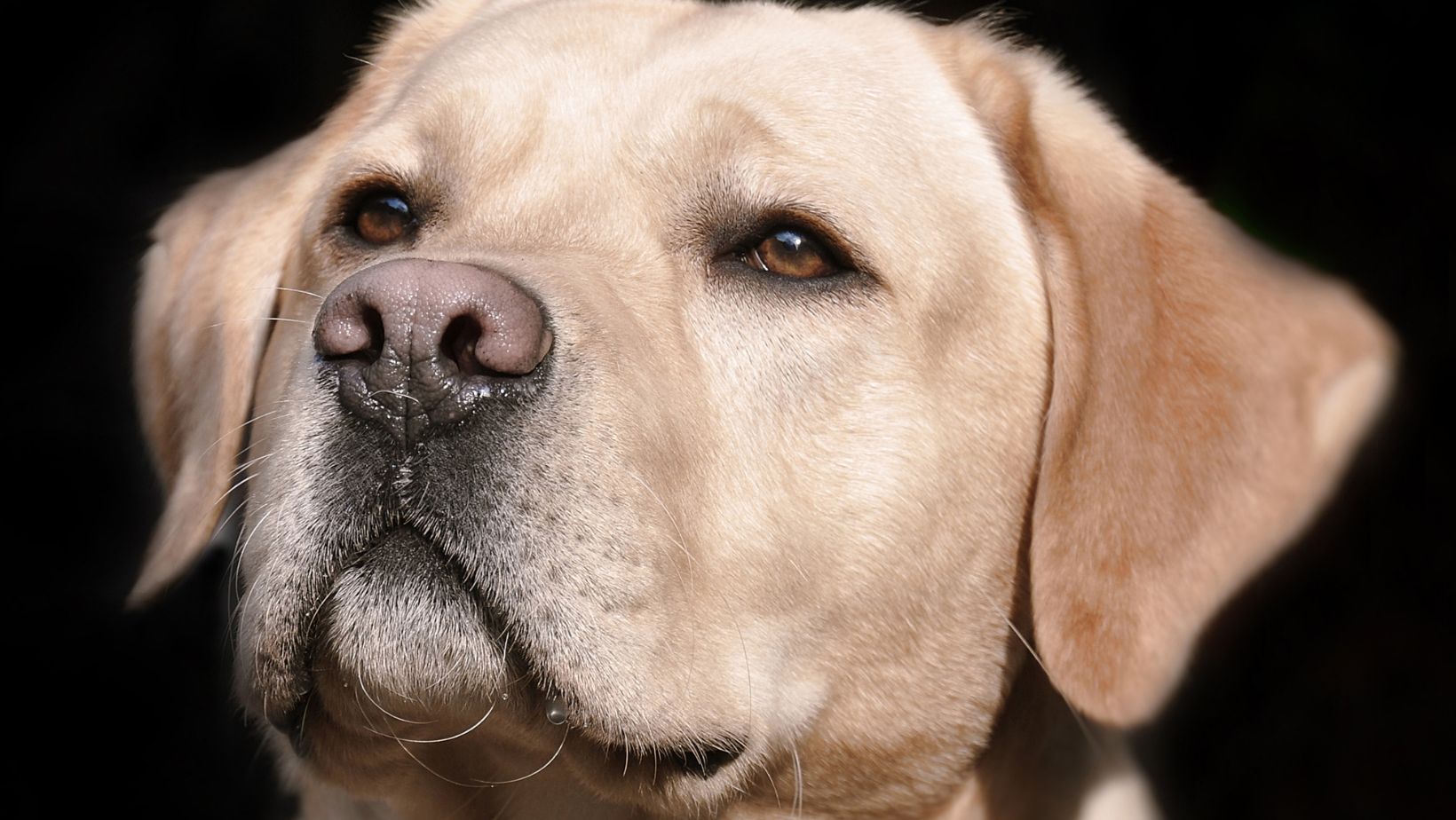Are you struggling with a Labrador puppy who won’t stop biting your hands? Don’t worry, I’ve got some helpful tips to put an end to this frustrating behavior. Teaching your puppy not to bite is an important part of their training and socialization process.
How to Stop Puppy From Biting Hands
When it comes to understanding why puppies bite, it’s important to remember that biting is a natural behavior for them. Puppies explore the world around them with their mouths and use biting as a way to interact and play. However, if your puppy’s biting becomes excessive or painful, it’s essential to address this behavior early on.
Here are a few reasons why puppies may engage in biting:
- Teething: Just like human babies, puppies go through a teething phase where their baby teeth are replaced by adult teeth. During this time, they may experience discomfort and tenderness in their gums, leading them to chew and bite more frequently.
- Playfulness: Puppies have an abundance of energy and love to play. Biting during play is often their way of engaging with you or other pets. It’s crucial to teach them appropriate ways to play without resorting to nipping or mouthing.
Now that we understand some of the reasons behind puppy biting, let’s move on to effective strategies for addressing and preventing this behavior in our furry friends.
Teaching Puppies Bite Inhibition
When it comes to raising a well-behaved and socialized puppy, teaching bite inhibition is an essential skill. Not only does it help prevent your hands from becoming chew toys, but it also lays the foundation for proper canine behavior as your puppy grows into an adult dog.
Bite inhibition refers to the ability of a puppy to control the force of their bite. It involves teaching them to use their mouth gently and not exert excessive pressure when interacting with humans or other animals. This skill is particularly crucial for breeds like Labradors, known for their strong jaws.
By teaching bite inhibition, you are helping your puppy understand appropriate levels of play and interaction. They will learn that biting too hard can cause discomfort or even injury, leading them to adjust their behavior accordingly.

The Developmental Stages of a Puppy’s Bite
Understanding the developmental stages of a puppy’s bite can provide valuable insights into why they engage in this behavior. Here’s a breakdown:
- Exploratory Biting: During their early weeks, puppies explore the world using their mouths. They may nibble on objects and people out of curiosity.
- Teething Stage: Around three to six months old, puppies go through teething, which can make them more prone to chewing and biting as they seek relief from sore gums.
- Mouthing Phase: As puppies continue growing, they often engage in playful mouthing behaviors as part of their socialization process. This includes nipping or mouthing hands during playtime.
It’s important to note that these behaviors are natural for puppies but require guidance to ensure they develop appropriate bite inhibition skills.
Redirecting Your Labrador Puppy’s Biting Behavior
When it comes to tackling your Labrador puppy’s biting behavior, redirection is a valuable technique. By providing appropriate alternatives and redirecting their attention, you can effectively discourage them from biting hands. Here are a few strategies to help you redirect your puppy’s biting behavior:
- Offer chew toys: Make sure to have a variety of safe and durable chew toys readily available for your puppy. When they start nipping at your hands, gently remove your hand and replace it with an enticing chew toy. Encourage them to focus their chewing urges on the toy instead.
- Use positive reinforcement: Praise and reward your puppy when they choose to interact with the chew toy instead of biting hands. Positive reinforcement helps reinforce good behavior and encourages them to repeat it in the future.
- Provide mental stimulation: Keep your Labrador engaged by offering puzzle toys or treat-dispensing toys that require problem-solving skills. Mental stimulation not only redirects their attention away from biting but also helps tire them out mentally.
Remember, consistency is key when implementing these techniques with your Labrador puppy. With patience and persistence, you’ll be able to redirect their biting behavior towards more suitable outlets while fostering a strong bond based on trust and understanding.